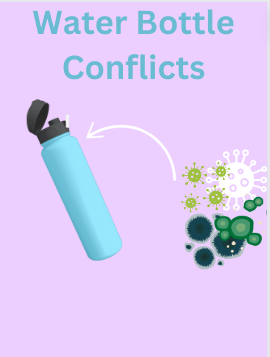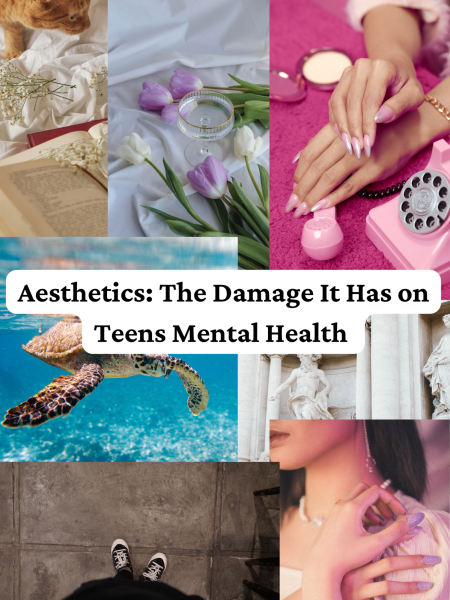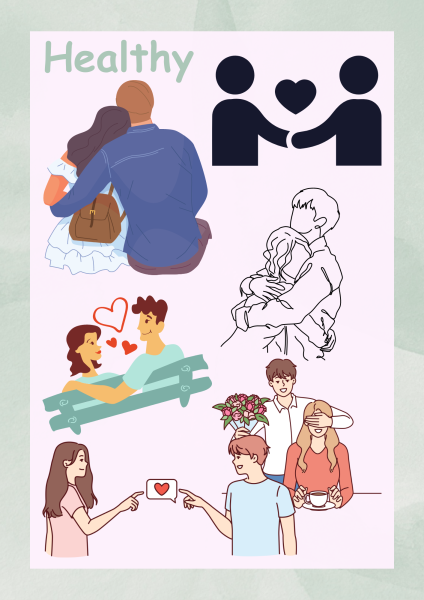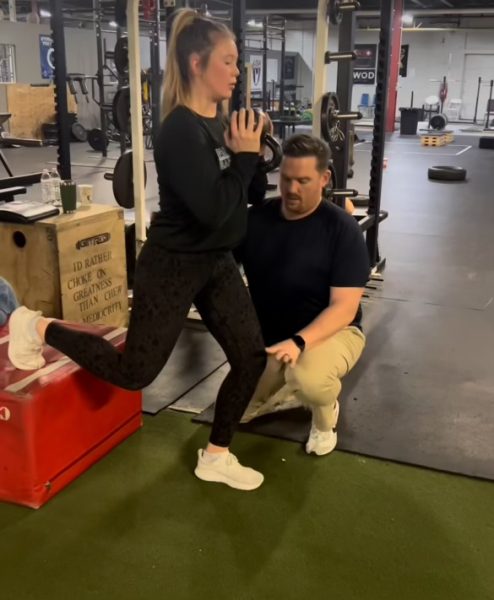Eating disorders: Livewire reporter shares personal journey
On April 27, I ate an English muffin, scrambled eggs with cheese and bacon slices for breakfast. This is a common breakfast I eat during my recovery journey.
According to the American Academy of Child and Adolescent Psychiatry, in the United States, as many as 10 out of 100 young women suffer from an eating disorder. Along those lines, eating disorders can also be linked with depression, anxiety and body image issues. These disorders can also occur in men but less often.
According to healthline.com, disorders can range from binge eating to anorexia and everything in between. Some of the most common eating disorders in teens are anorexia, bulimia nervosa and binge eating disorder.
The National Eating Disorders Association (NEDA) states that some early signs of eating disorders include:
- Dramatic weight loss or weight gain
- Hiding wrappers of food or refusing to eat in front of others
- Making frequent comments about feeling “fat” or overweight despite weight loss
- Seeming concerned about eating in public
- Denying feeling hungry
- Constantly exercising
Personally, I struggle from an eating disorder, and I know I’m not alone. I feel teens are too scared to talk about things like this, which in my opinion, should be changed. Teens should be able to speak out about this, without feeling judgement. Lots of times, when I do work up the courage to talk about my disorder, I get someone saying, “Well you could try cutting back on food and exercising more.”
I feel eating disorders are so much more than what they seem, and hearing things like that makes me feel like my disorder just “Is not a big deal.” People who don’t suffer from a disorder may know the concept but not what’s going on in the mind of the person struggling.
According to Alsana, some of the things that go on in the mind of a child with an eating disorder are hard to understand. Others may not understand why a person would constantly want to starve themselves or feel the need to purge after a meal.
Some personal battles I’ve had to struggle with in my own mind are only eating dinner or even sometimes not eating at all throughout the day. I would often have a feeling of sickness/emptiness in my stomach that oddly felt comforting. I would feel that even if my stomach was full of healthy foods, I was a failure. I would hide wrappers, avoid eating in front of people and it even went so far that I would walk out the back door of my house in the mornings, so I would not have to walk through the kitchen and be tempted to eat breakfast.
According to NEDA some treatments of eating disorders are rehab and therapy.
Coming to terms with my disorder. I constantly found myself denying it, even though I had most of the symptoms. Along with that, telling my mother was probably the hardest part. I did not want to worry her, but I had no choice. My mental health was coming into the situation, and I finally realized I needed help. My mother was very supportive. When I finally decided to tell her was when she noticed I wasn’t eating in front of anyone no matter where we went. We sat down and talked about our options. We decided therapy would be the best option.
Eating disorders should not be overlooked. In my opinion, it’s not simple. Other teens can also play a part in the overall feeling of an eating disorder. Some teens walk through the doors of their school worried about if they are going to be called “fat” or “anorexic.”
From my experience, I recommend looking into eating disorders as soon as the first sign occurs. I constantly wish I would have come to terms with mine sooner so it wouldn’t have gotten to the extent it did. I could have saved myself from so much discomfort and pain if I would have just told someone.
One thing I personally wish I could tell everyone is they aren’t alone. Millions of people in the world are struggling with an eating disorder just like them. Their disorder may take time to reverse, but it is reversible. And to all the people who know someone who is struggling, I wish I could tell them that sometimes all that person needs is someone to listen, not advice. From my personal experience, I’ve felt so much more comfort from one of my friends just listening to me, instead of trying to give me tips on how to deal with my disorder.

Hello! I'm Cassidy, a writer for the Altoona Area Junior High school newspaper! I am a ninth grade and academic student. Ever since I was young, I've enjoyed...
















Isabella Graham • Sep 11, 2020 at 10:47 pm
This is so inspiring. You are amazing beautiful and brave. Thank you for sharing this with us.